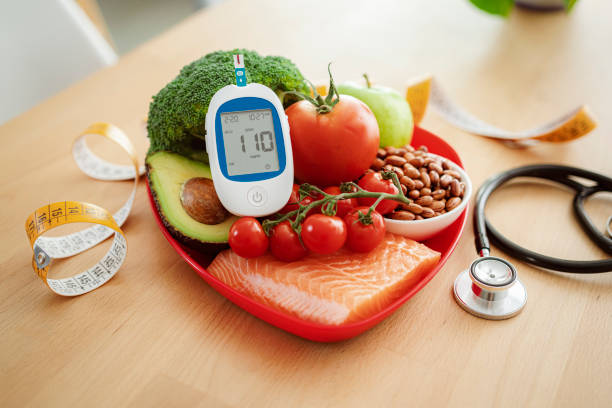
What is diabetes?
In simpler terms:
Glucose: The body’s primary source of energy, which comes from the food we eat.
Insulin: A hormone produced by the pancreas that helps glucose get into cells to be used.
Diabetes: A condition where either the pancreas doesn’t make enough insulin, or the body doesn’t use it effectively, causing glucose to build up in the blood.
Diabetes is a long-term metabolic condition marked by elevated blood sugar (glucose) levels. Over time, this can cause major harm to the kidneys, heart, blood vessels, eyes, and nerves. It happens when glucose cannot reach cells for energy because the body either produces insufficient insulin or uses it improperly. To put it another way: The main energy source for the body is glucose, which is obtained from our diet. The pancreas produces the hormone insulin, which facilitates the uptake of glucose by cells. Diabetes: A disorder in which the body either uses insulin inefficiently or the pancreas produces insufficient amounts, resulting in an accumulation of glucose in the blood.